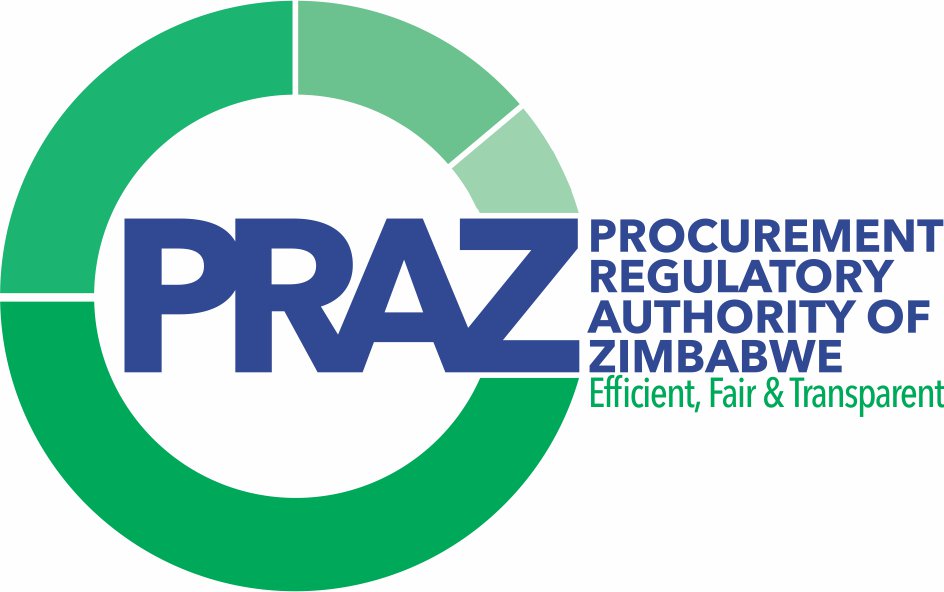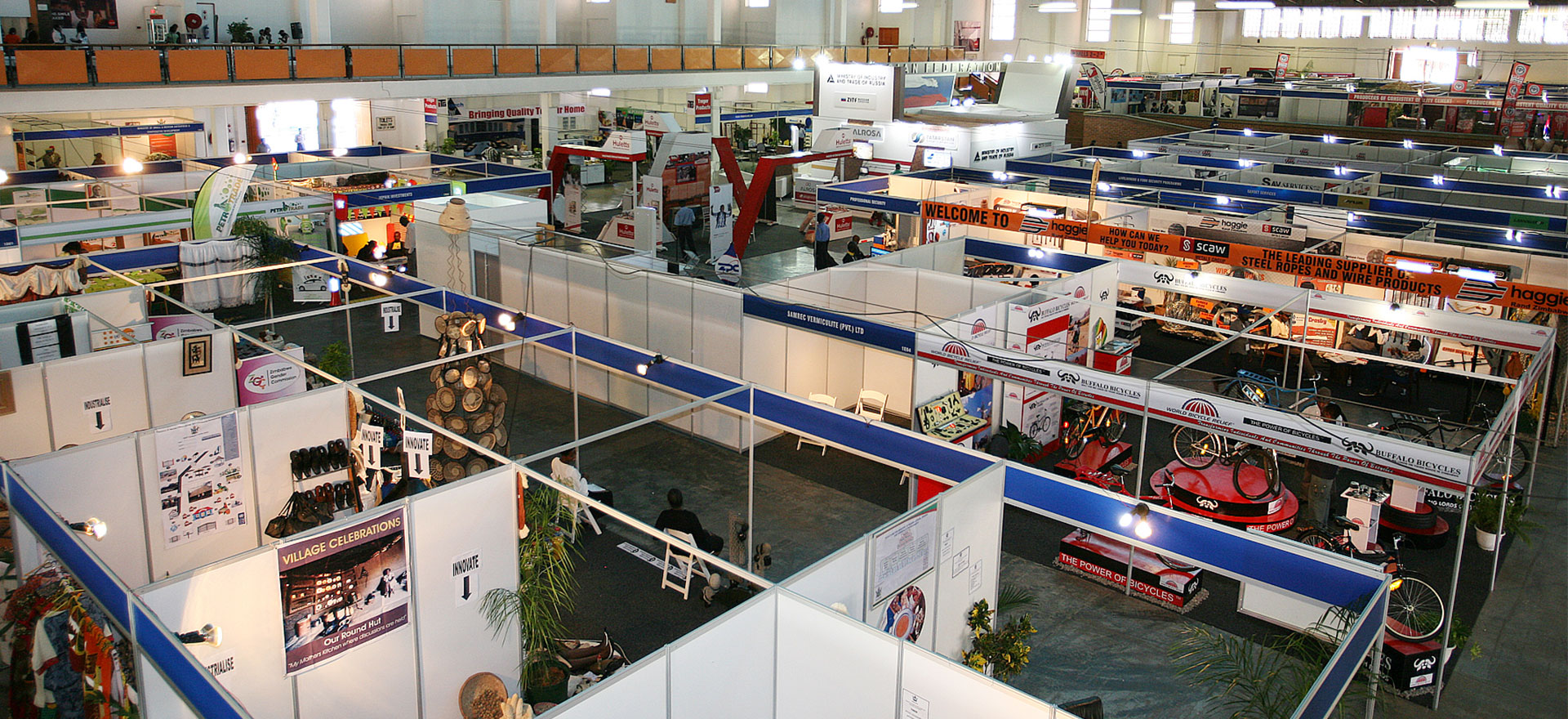Let Africa use natural fuels: Adesina
AFRICA should be allowed to use its natural fuels to generate electricity as it transitions to cleaner energy, the African Development Bank (AfDB) said
last week.
While fossil fuels and natural gas, the major source of methane emissions have emerged as top threats to the global climate, AfDB president Dr Akinwumi Adesina said the continent must be allowed to use its natural gas resources as a transition fuel.
“Africa must be given time to transition and be allowed to use its natural gas resources as a transition fuel, just like it is the case in Germany, as well as Europe,” he said.
He was speaking at the Berlin Energy Transition Dialogue hosted by the German government.
Dr Adesina said while Africa would do everything possible to expand the use of renewable energy, intermittent sources such as wind and solar made it impossible to guarantee security of supply.
“Natural gas is therefore a key part of the energy mix for assuring security of supply and critical for Africa,” Dr Adesina said.
Africa is still largely dependent on fossil fuels and natural gas for power generation.
Zimbabwe, for instance, is set to commission a 300-megawatt thermal plant at Hwange complex after unit seven first achieved its full capacity on Thursday last week.
Shangani Energy Exploration (SEE), the company exploring coal bed methane in the Matabeleland North Province said it will start a pilot gas production for power generation in 2024.
SEE, a joint venture between Sinosteel of China and Zimasco intends to invest nearly US$800 million to develop gas wells and build a 400 megawatts power plant.
However, the country has also made significant strides in renewable investments particularly solar, at institutional and household levels. Notable investments have also been made in mini-hydro projects and a number of them are in the pipeline.
The country is targeting to generate at least 1 000 megawatts from renewable sources.
Some climate change advocates, particularly those in developed countries have been calling for an abrupt halt on the usage of fossil fuels to generate electricity. Africa is one of the most vulnerable continents in the world to climate change, according to the Intergovernmental Panel on Climate Change (IPCC), but accounts for only 3 percent of global carbon emissions.
Dr Adesina said while Africa should be allowed to use coal and natural gas as transition fuel, urgent action was needed to reduce dependence on dirty fuels and harness Africa’s renewable energy sources. While underscoring Africa’s success and enormous potential to become a global leader in sustainable development, Dr Adesina highlighted the significant energy challenges millions of Africans still face.
In 2022, at least 600 million people did not have access to electricity, and 970 million lacked access to clean energy for cooking. Dr Adesina said in order to achieve the United Nations Sustainable Development Goal 7 of affordable, reliable, sustainable and modern energy for all, the continent
must connect 90 million people annually to electricity by 2030 and shift 130 million people from dirty cooking fuels each year.
He acknowledged the scale of the challenge, noting that Africa’s energy transition would require an estimated US$100 billion annually between 2020 and 2040.
Dr Adesina said Africa’s significant reserves of cobalt, manganese, and platinum could be utilised to build a robust manufacturing sector rather than being merely exported as raw materials.
Alluding to Europe’s push for emissions-free vehicles, the AfDB president said, “Africa is a crucial source for minerals and metals for clean energy value chains, including electric vehicles and utility-scale battery storage.
“Africa is therefore the perfect place to build lithium-ion batteries to power German cars.”
Dr Adesina recognised green hydrogen as a low-carbon investment contributing to building decarbonised economies.
While the African Development Bank was spearheading efforts to unlock Africa’s vast renewable energy potential, with 86 percent of its power generation investments in renewables and a ban on coal energy projects, Dr Adesina insisted that natural gas should be a crucial part of Africa’s
diversified energy mix to guarantee a secure energy supply for industries and residences.-herald










